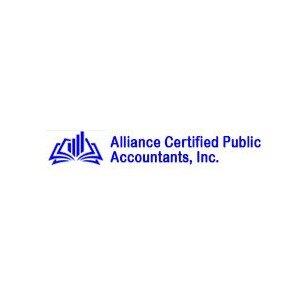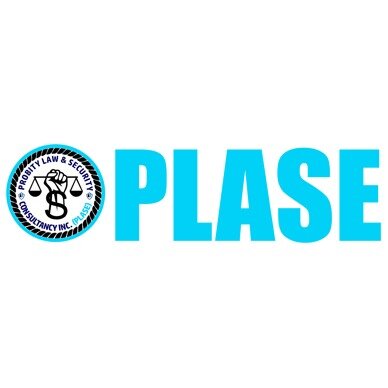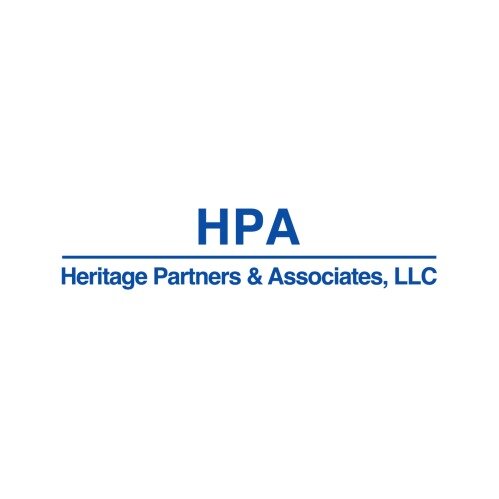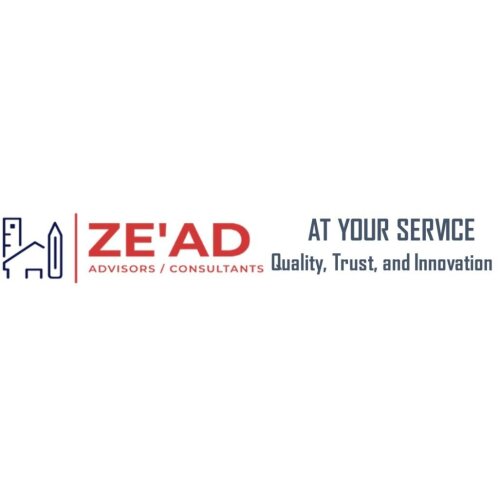Best Financial Services Regulation Lawyers in Liberia
Share your needs with us, get contacted by law firms.
Free. Takes 2 min.
Or refine your search by selecting a city:
List of the best lawyers in Liberia

Alliance Certified Public Accountants, Inc. (Alliance CPAs, Inc.)
15 minutes Free ConsultationAbout Financial Services Regulation Law in Liberia
Financial Services Regulation in Liberia is governed primarily by the Central Bank of Liberia (CBL) which is responsible for ensuring a sound banking and financial system. The regulations cover a wide array of financial institutions, including banks, insurance companies, and microfinance institutions. Key legislation includes the Financial Institutions Act of 1999 and the Insurance Act of 2013, among others. These laws are designed to foster financial stability, protect consumers, ensure market transparency, and promote fair competition within the financial services sector.
Why You May Need a Lawyer
Engaging a lawyer specializing in Financial Services Regulation can be crucial in several scenarios including:
- Establishing a new financial institution or obtaining relevant licenses.
- Compliance with local regulations and avoiding potential fines and sanctions.
- Addressing disputes with regulatory bodies or other financial institutions.
- Navigating mergers, acquisitions, or restructuring within the financial sector.
- Interpreting complex regulatory changes that impact business operations.
Legal advice ensures that individuals and businesses remain compliant with operational guidelines while minimizing risks associated with the financial sector.
Local Laws Overview
Some of the key aspects of financial regulation laws in Liberia include:
- Licensing Requirements: Financial institutions must obtain licenses from the Central Bank of Liberia.
- Capital Adequacy: Maintaining a minimum level of capital reserves is mandatory for banks to ensure solvency.
- Anti-Money Laundering (AML): Strict regulations are in place to prevent money laundering and terrorist financing, requiring comprehensive customer due diligence.
- Consumer Protection: Rules are established to protect consumer interests and promote fair practices in financial services.
- Reporting Obligations: Regular reporting to the CBL is required to ensure transparency and market integrity.
Frequently Asked Questions
1. What is the role of the Central Bank of Liberia in financial regulation?
The Central Bank of Liberia oversees the regulation and supervision of all financial institutions to ensure stability and compliance with the law.
2. How do I start a bank or financial institution in Liberia?
You need to apply for a license through the Central Bank of Liberia and meet specific capital and regulatory requirements.
3. What are the penalties for non-compliance with financial regulations?
Penalties can include fines, suspension of operations, or revocation of licenses depending on the severity of the non-compliance.
4. Are there specific regulations for insurance companies in Liberia?
Yes, the Insurance Act of 2013 provides distinct guidelines on licensing, operations, and management of insurance firms.
5. What is the focus of Liberia's anti-money laundering laws?
To detect and prevent money laundering activities by enforcing customer verification processes and reporting suspicious activities.
6. How are consumer protection laws enforced in the financial sector?
The CBL and other regulatory entities ensure that financial services are delivered fairly, consumers are not exploited, and disputes are resolved effectively.
7. Can foreign investors establish financial institutions in Liberia?
Yes, but they must adhere to the same regulatory requirements as domestic entities and typically require additional clearances.
8. How often must financial institutions report to the Central Bank?
Reporting requirements can vary but generally include monthly and annual financial reports and statements of compliance.
9. What legal procedures exist for resolving financial disputes?
Disputes are often resolved through negotiation, mediation, or, failing those, arbitration or litigation in the judicial system.
10. Are there cybersecurity regulations for financial institutions?
Yes, financial institutions are expected to have robust cybersecurity measures in place to protect client information and transaction integrity.
Additional Resources
For further assistance and information, consider reaching out to:
- The Central Bank of Liberia for regulatory guidance.
- The Association of Bankers and Financial Institutions in Liberia.
- Legal chambers specializing in financial services law.
- International financial organizations operating within Liberia.
Next Steps
If you need legal assistance in Financial Services Regulation, consider the following steps:
- Identify a reputable law firm with experience in financial regulation in Liberia.
- Prepare all relevant documents and information concerning your situation or entity.
- Consult with a legal expert to discuss your needs and potential strategies.
- Stay informed about the latest regulatory changes and updates in the financial services sector.
Engaging with an experienced lawyer can help navigate the complexities of financial regulation and ensure compliance with local laws.
Lawzana helps you find the best lawyers and law firms in Liberia through a curated and pre-screened list of qualified legal professionals. Our platform offers rankings and detailed profiles of attorneys and law firms, allowing you to compare based on practice areas, including Financial Services Regulation, experience, and client feedback.
Each profile includes a description of the firm's areas of practice, client reviews, team members and partners, year of establishment, spoken languages, office locations, contact information, social media presence, and any published articles or resources. Most firms on our platform speak English and are experienced in both local and international legal matters.
Get a quote from top-rated law firms in Liberia — quickly, securely, and without unnecessary hassle.
Disclaimer:
The information provided on this page is for general informational purposes only and does not constitute legal advice. While we strive to ensure the accuracy and relevance of the content, legal information may change over time, and interpretations of the law can vary. You should always consult with a qualified legal professional for advice specific to your situation.
We disclaim all liability for actions taken or not taken based on the content of this page. If you believe any information is incorrect or outdated, please contact us, and we will review and update it where appropriate.
Browse financial services regulation law firms by city in Liberia
Refine your search by selecting a city.











